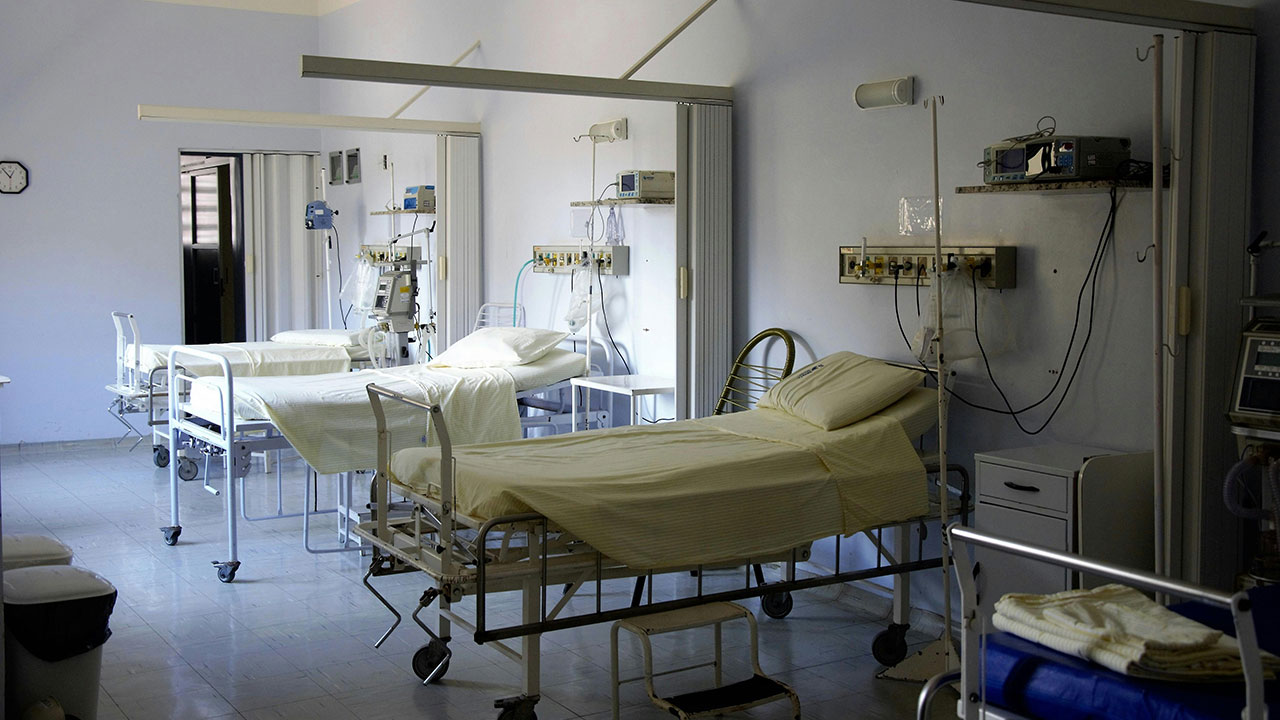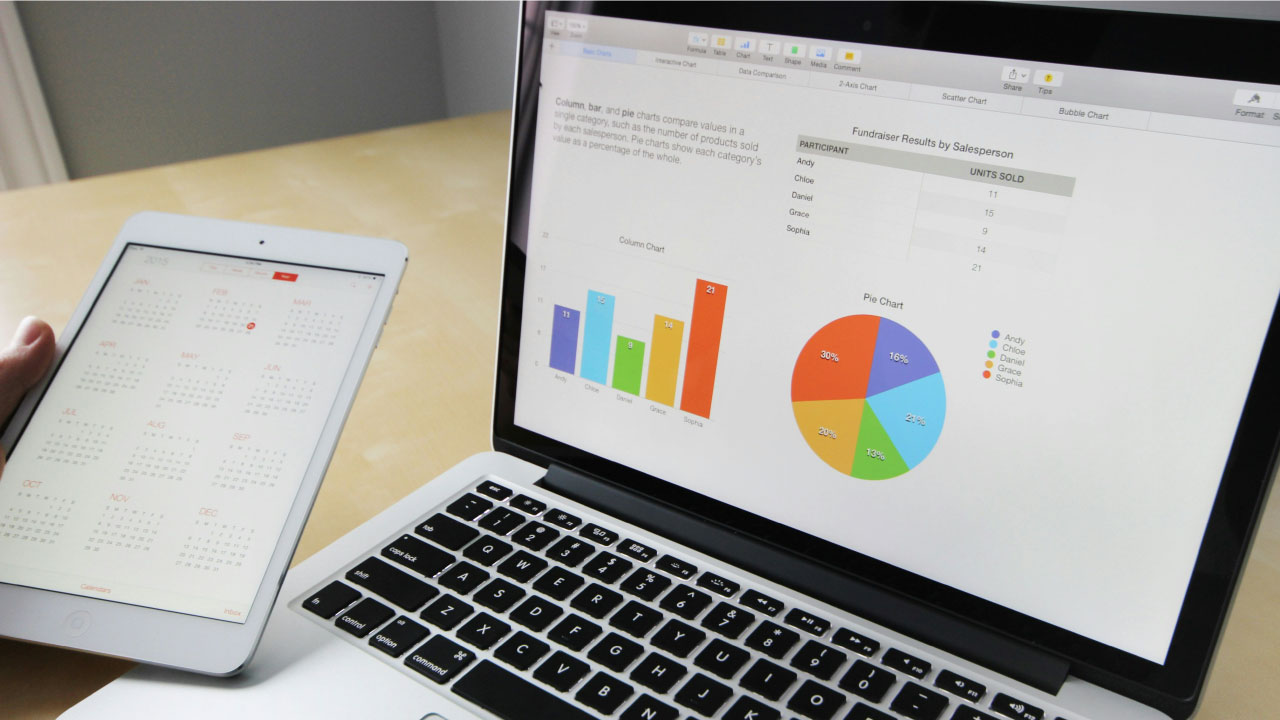Hospitals
Hospitals are dynamic entities at the forefront of healthcare delivery, and the integration of moringa offers multifaceted advantages in optimizing operations and enhancing patient care.

Proactive Infrastructure Planning
- Data-Driven Insights: moringa provides hospitals with valuable insights into disease trends based on factors such as climate patterns and demographic data. This information aids in proactive planning by anticipating potential surges in specific health issues.
- Resource Optimization: By aligning infrastructure needs with disease trends, hospitals can strategically allocate resources such as medical staff, equipment, and facilities, ensuring preparedness for the most prevalent health concerns.
Nudge Traffic to Consultants and Doctors
- Targeted Marketing Strategies: moringa’s analytical capabilities enable hospitals to identify specific health issues that are prevalent in the community. Hospitals can then implement targeted marketing strategies to educate the public on the importance of consulting specialists and doctors for these particular conditions. Proactively reaching out to people with conditions through moringa with support and advice. On admission, being able to understand about the patient health history and signs and symptoms, thereby reducing gaps in understanding, and optimizing the doctors time.
- Appointment Scheduling Optimization: Integrating moringa data with appointment scheduling systems allows hospitals to streamline and optimize the allocation of time slots, ensuring that consultants and doctors are available when and where they are needed most.


Patient-Centric Approach
- Improved Patient Experience: By diverting foot traffic to consultants and doctors, hospitals enhance the overall patient experience. Patients receive more personalized attention, timely consultations, and specialized care for their specific health concerns.
- Reduced Waiting Times: Targeted foot traffic diversion leads to better appointment scheduling and reduced waiting times, contributing to increased patient satisfaction and overall operational efficiency.
Efficient Resource Allocation
- Staff Allocation: moringa’s insights enable hospitals to allocate medical staff efficiently, ensuring that specialists and doctors are available to address the prevalent health issues in the community.
- Equipment Utilization: Hospitals can optimize the use of medical equipment and facilities based on the forecasted disease trends, preventing bottlenecks and ensuring that resources are allocated where they are most needed.


Improved Preventive Care
- Community Health Education: moringa’s data-driven approach allows hospitals to engage in community health education programs, informing the public about preventive measures for prevalent health issues. This proactive approach contributes to reducing the overall disease burden on the healthcare system.
- Early Intervention: By aligning infrastructure and diverting foot traffic strategically, hospitals can facilitate early intervention and preventive measures, reducing the severity of health issues and minimizing unnecessary hospitalizations.
Data-Driven Decision-Making
- Strategic Planning: moringa equips hospitals with data for strategic decision-making, allowing administrators to plan for the future based on anticipated health trends.
- Continuous Improvement: Regular analysis of moringa data supports a culture of continuous improvement within the hospital, enabling administrators to adapt and refine their strategies in response to changing healthcare dynamics.

In essence, moringa empowers hospitals to transition from reactive to proactive healthcare management, aligning resources with community health needs and fostering a patient-centric environment. The result is not only operational efficiency but, more importantly, improved patient outcomes and overall community health.
